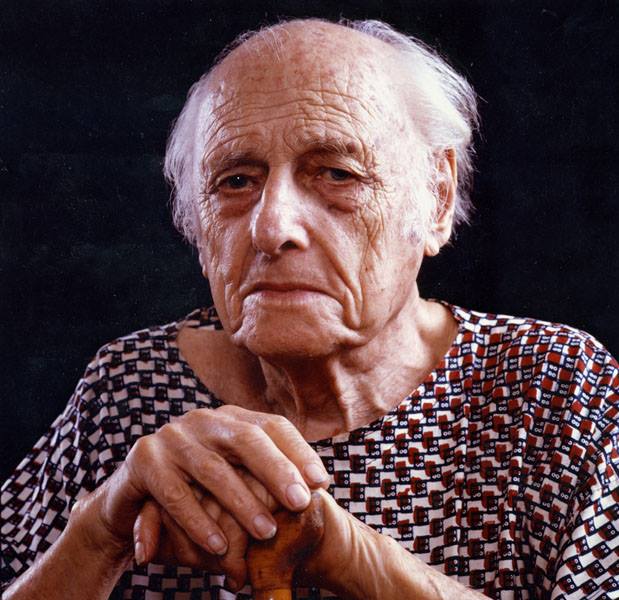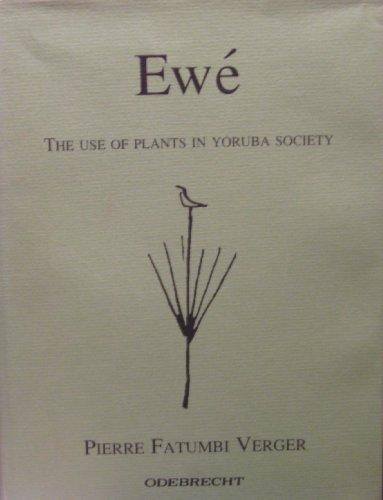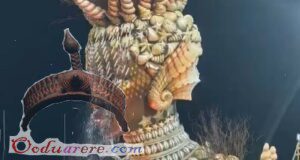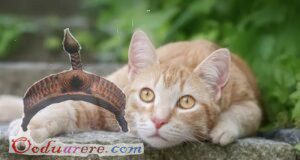Remembering Pa Pierre Fátúmbí Verger, the polymath…
Pa Pierre Fátúmbí Verger was born French into a noble lineage and this great man devoted more than half of his 93-year life to the study, promotion, development and practice of Yoruba culture. His written works include some of the finest and original and impressive contributions to Yoruba herbs, curative medicine, botany etc.
At his death in 1996, this great sage left behind 30 books (mostly on Yoruba, Afro Brazilian and Afro Cuban traditions), 100 academic articles and over 65,000 photographic negatives, films and audio recordings and thousands of ethnographic data.
This enormous body of research work is very unusual because of its eclectic nature. Pa Pierre Fátúmbí Verger conducted research into any field of study that interested him, regardless of whether or not he had formal training in the field.
In the words of Alfred Metraux, Pa Pierre Fátúmbí Verger was a “Photographer, ethnographer and Babalawo”. “What a Renaissance man!”. Long before his publications in linguistics, history and ethnobotany, Pa Fátúmbí published historical research more than a decade before receiving his doctorate in history, and until his death continued to write in fields in which he had no official qualification whatsoever.
Apart from his ethnographies and histories, he published art books, children’s books and diverse articles in newspapers and popular magazines. He worked in various media including photography, film and sound recording. His work spanned several continents and incorporated documents and oral data in at least six languages.
He was initiated into the Ṣàngó cult in the towns of Ifanhin and Sakété in Dahomey (Republic of Benin) in 1947. On March 28, 1953, in the town of Ketu in Dahomey, he was initiated as a Babaláwo (Yoruba father of mysteries/secrets) or Yoruba diviner, and thus become Fátúmbí. (“He who is reborn through Ifá”). “Pierre Verger died,” he reflected, “and Fátúmbí was born”.
He died in 1996 in his modest home in Salvador upon completion of his final book, Ewé. This study of some 2,000 Yoruba medicinal recipes and spoken verses associated with over 3,500 plants was the fruit of forty years’ experience as a Babaláwo. Shortly before his death, he said:, “I don’t try to understand things, I try to live them”.
The book – Ewé is impressive. With 744 pages, no other book compares in terms of depth and research. The book presents 447 formulae in their original Yorùbá version and in English, classified under:
Oògùn (remedies for healing the body);
Ìbímọ (remedies relating to pregnancy and birth);
Òrìşà (works to worship Yorùbá deities);
Àwúre (beneficent works);
Àbìlù (evil works)
Ìdàábòbò (antidotes to “evil works” , or “protective works”).
The book provides an in-depth glossary of Yorùbá plant names and their corresponding scientific classifications, and explains the relationship between the names given and the action expected from them.
This poetic association facilitates the communication of knowledge which has been orally passed down through the generations. The book also sheds light on the workings of a culture that is radically different from those founded on the written word.
Pa Pierre Fátúmbí Verger was one of the greatest scholars to ever walked this planet.
References:
1. Cohen P. F: “Pierre Fatumbi Verger As Social Scientis” Cahiers du Brésil Contemporain, 1999
2. Pierre Fatumbi Verger: “Ewé. The use of plants in Yoruba Society” (1995).
3. Pierre Fatumbi Verger Foundation (http://www.pierreverger.org/en/pierre-fatumbi-verger-en/biography/introduction-2.html
)
4. Obituary (
)
 Ọmọ Oòduà Naija Gist | News From Nigeria | Entertainment gist Nigeria|Networking|News.. Visit for Nigeria breaking news , Nigerian Movies , Naija music , Jobs In Nigeria , Naija News , Nollywood, Gist and more
Ọmọ Oòduà Naija Gist | News From Nigeria | Entertainment gist Nigeria|Networking|News.. Visit for Nigeria breaking news , Nigerian Movies , Naija music , Jobs In Nigeria , Naija News , Nollywood, Gist and more











